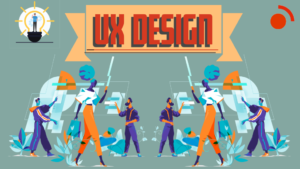Raha Shafizadeh Leading in Digital Health
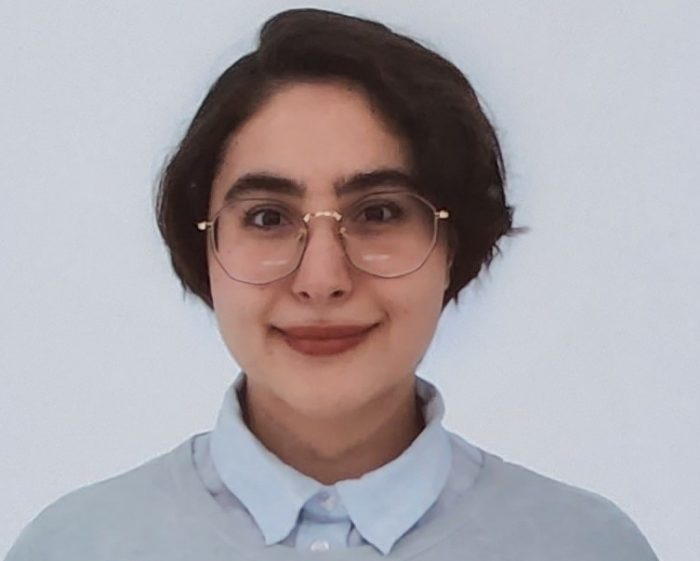
Brilliant TDL student shares her experience of the EIT Health Digital Medical Devices programme
Raha Shafizadeh, a Master Technologies des Langues (TDL) student at the University of Strasbourg, was recently selected to participate in the prestigious EIT Health Digital Medical Devices (DMDs) Summer School. This intensive two-week summer school aimed to train participants in the core aspects of digital medical devices. Raha shared her experiences, insights and valuable advice with us, highlighting her brilliant academic and professional journey
About Raha Shafizadeh’s academic background in Language Technologies
Raha Shafizadeh began her journey into the field of Language Technologies with a deep interest in Computer Science. During her undergraduate studies, she took several courses in the field, which further confirmed her passion for combining technology and linguistics. Understanding that language is a critical tool for communication across disciplines and cultures, she recognised the importance of studying it in depth. The Master Technologies des Langues at the University of Strasbourg offered her a unique opportunity to acquire highly professional expertise in languages, linguistics and computer science.
As Raha shared with us:
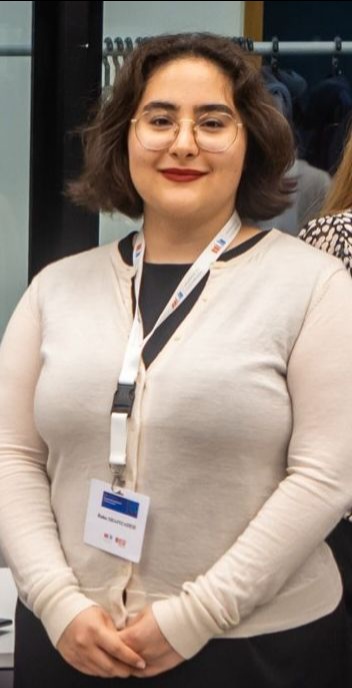
“I have always been interested in IT and for my opening EU* I chose courses in this field. Language is a communication tool that connects us across all subjects and cultures.
The study of languages helps us to understand almost all interpersonal exchanges, including historical events.
NLP allows us to use technology to understand and interact with human languages, which is extremely useful and in demand in all fields.”
TDL Master’s Projects and Programs of Study
Raha highlighted the balance between theory and practice in the Master in Tecnologie des Langues:
“I have really enjoyed all our courses and have been fortunate to have many amazing teachers. We had a good balance between theory and practice and we had the opportunity to learn a wide variety of subjects.”
One project in particular that inspired her was the group tutoring project:
“I particularly enjoyed our group tutored project which allowed us to put into practice what we had learned throughout our course as well as project management, teamwork and time management.”
First week at the University of Luxembourg: What is a good DMD?
During the first week of the EIT Summer School at the University of Luxembourg, Raha attended sessions on a variety of topics, including DMD requirements, regulation and ethics. A key feature was the co-creation workshop with patients. This workshop allowed participants to explore the different stages of DMD development, understand clinical needs, select and develop DMDs, and prototype innovative solutions.
Raha found this workshop particularly enriching as it provided a practical insight into the challenges and opportunities of medical device development. The hands-on experience of working directly with patients to co-create solutions was invaluable. It emphasized the importance of user-centered design in medical device development and provided insights into the real needs and concerns of patients.
Raha’s outstanding qualities
Raha’s outstanding ability to learn and apply complex concepts and to work in a team, qualities that she demonstrated throughout the programme, made her an outstanding participant.
Raha also highlighted her ability to work effectively in multidisciplinary teams.
During team co-creation sessions, she worked with professionals from a variety of fields, including medicine, pharmacy, information technology and public health, to develop innovative and practical solutions. Her group developed OncoScreen, an artificial intelligence-based tool for colorectal cancer screening and early detection, a project of which she is particularly proud.
Raha’s passion for innovation
Raha explained how her studies in Natural Language Processing (Traitement automatique des langues, or TAL, in French) at the University of Strasbourg played a crucial role in her approach to digital medical devices (DMDs). Her expertise in NLP has enabled her to structure, analyze and interpret unstructured data to make medical devices more effective and accurate.
Second week at IESE Business School in Barcelona: Commercial aspects of DMDs
The second week, held at IESE Business School in Barcelona from 15-19 July, focused on the commercial aspects of DMDs. Participants had the opportunity to meet entrepreneurs and learn about commercial aspects of DMDs, stakeholder alignment and financing.
Raha was particularly impressed with the team co-creation work sessions. These sessions included competitor analysis, business modeling, DMD adoption and pitch preparation. Working with experts from different fields such as medicine, pharmacy, information technology and public health enabled Raha to develop innovative and practical solutions.
Raha described this experience with great enthusiasm:
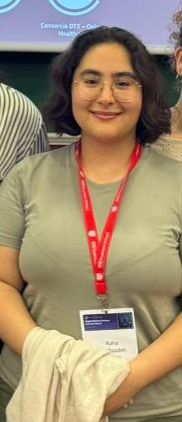
“I was eager to learn more about digital medical devices in a program that is widely respected and renowned for its comprehensive and high quality teaching.
The first week focused on the regulatory aspect of DMDs and the second week was devoted to their business side.
The organizers and speakers were all fantastic and very generous with their time, knowledge and expertise.”
Raha also explained how teamwork was crucial:
“In the afternoons, we worked in multidisciplinary teams comprising doctors, pharmacists, IT specialists, NLP professionals, biomedical engineers and public health professionals to develop solutions to the challenges assigned to us and put into practice what we had learned.”
Career goals and advice for prospective students
After completing the EIT Health Programme and her Masters in Tecnologies des Langues, Raha intends to pursue a degree in Computer Engineering to further develop her technical skills. She also wants to continue her education in TAL and DMDs to become a fully qualified and innovative professional.
As a student and young professional, Raha encourages students interested in computer science and languages to continually learn new skills. Her advice is to always seek to add value and apply expertise in different areas to solve problems and improve processes. Interdisciplinarity is a strength, she says, and each new skill can open doors to exciting and unexpected opportunities.
Raha Shafizadeh’s background in the Master Tecnologies des Langues at the University of Strasbourg, with her prominent participation in the EIT Health Digital Medical Devices (DMDs) programme, illustrates the importance of interdisciplinarity in the field of digital health. With her expertise in TAL and her commitment to innovative projects, she is well equipped to make significant contributions to the future of digital medical devices (DMDs). For those who wish to follow a similar path, her advice is clear: follow your passion, keep learning and always seek to apply your skills to make a difference.
*unité d’enseignement, course unit in English.
Article written by Valeria Panzetta
Other articles
-

Discover our online Master’s CAWEB Program in digital communication
-
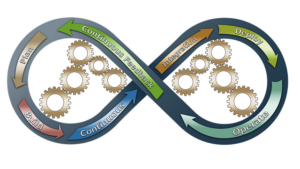
Continuous Localization: Strategies for Successful Localization in Agile Software Development
-

Personalized User Experience: The Future of UX Design
-
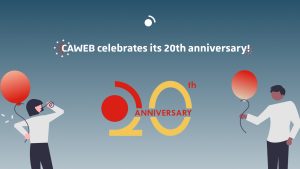
CAWEB celebrates its 20th anniversary!
-
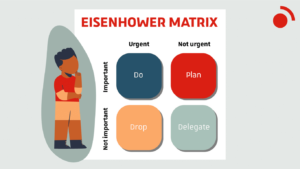
Put an end to your to-do list, use the Eisenhower Matrix

